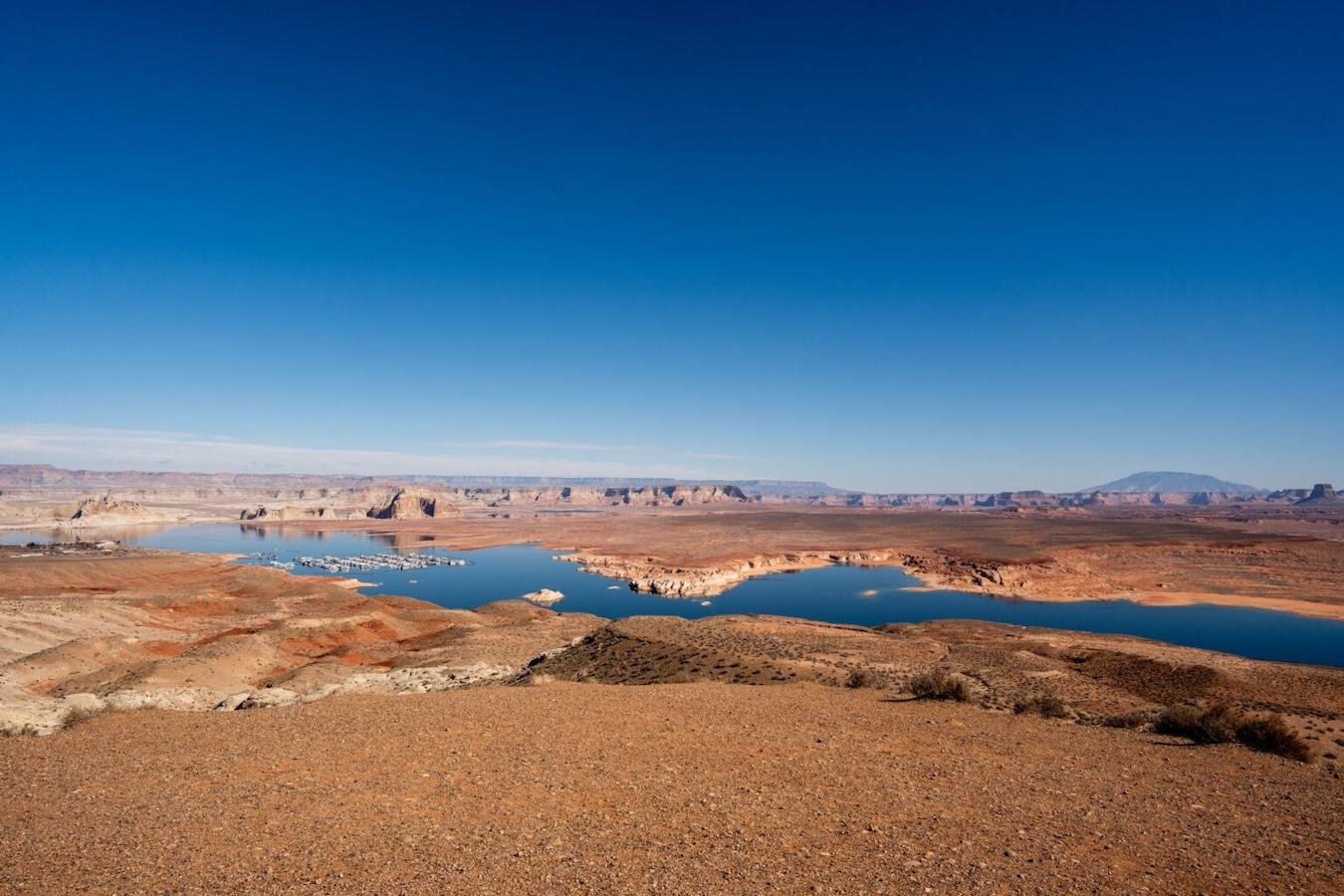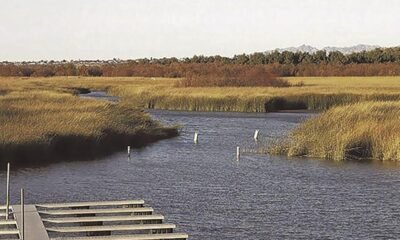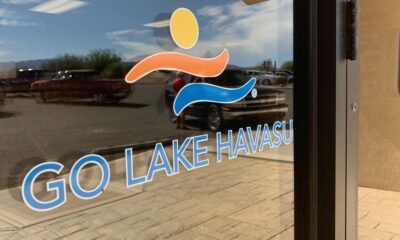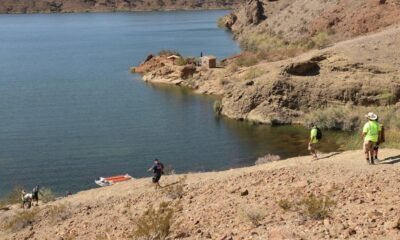arizona
Congress Aims to Boost Motorized Access Around Lake Powell

The U.S. House of Representatives has initiated the process to repeal a National Park Service regulation limiting motorized vehicle access in sections of the Glen Canyon National Recreation Area. This decision revives ongoing debates that have persisted for nearly two decades involving off-road enthusiasts and environmental advocates.
Introduced by Republican Rep. Celeste Maloy of Utah, the resolution aims to nullify a rule implemented earlier this year that restricts off-highway vehicles—such as ATVs and dirtbikes—from accessing specific roads in Glen Canyon. This rule affects approximately 25 roads, totaling 26 miles, which constitutes about 6% of the road network within the recreation area.
The resolution relies on the Congressional Review Act, allowing Congress to challenge and dismantle federal regulations. It gained approval in the House but now awaits the Senate’s decision.
Supporters argue that access to these roads enhances connectivity to adjacent federal lands, promoting local economies. Maloy emphasized the importance of consultation with local officials, stating, “This goes in the wrong direction for counties that struggle economically.”
In contrast, environmental groups contend that the limited area in question is both remote and ecologically significant. They argue that allowing off-road vehicles could lead to environmental degradation. Rep. Jared Huffman from California remarked, “They’re just closed to vehicles that have the ability to travel off-road and cause severe damage.”
Established in 1972, Glen Canyon National Recreation Area spans northern Arizona and includes multiple national parks. In 2025, it recorded over 4.7 million recreational visits, largely drawn to Lake Powell.
The tension surrounding motorized vehicle access has historical roots. In 2005, environmental groups filed a lawsuit against the National Park Service for inadequate regulations on off-road vehicles. Following a settlement in 2008, a management plan was developed. Yet, controversy resurfaced in 2021 when a new plan expanded motorized access, leading to further legal challenges from environmental groups.
The finalized rule in January restricted off-road vehicles on select trails and shorelines, reflecting ongoing efforts to balance recreation with environmental preservation. Hanna Larsen, a staff attorney for the Southern Utah Wilderness Alliance, criticized the House for potentially compromising the integrity of the national park. She stated, “Rather than protect America’s crown jewels, the House has made it much more likely that treasured places will be permanently impaired.”
Support for the resolution is bolstered by local politicians and advocacy organizations like the Blue Ribbon Coalition. Executive Director Ben Burr expressed optimism for the Senate’s support, asserting that the resolution represents “a grand reopening of our public lands.” He emphasized the importance of preserving access to trails for future generations.


















